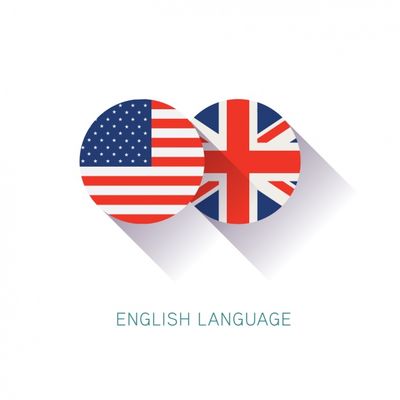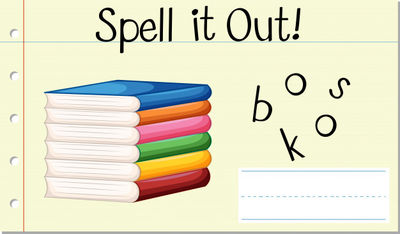Principal Differences Between British English and American English

For a student learning English as a second language, one thing they may notice is the difference in the accents between British English and American English, the difference is rather pronounced considering it has been less than two hundred and fifty years since the American Revolution. The American accent is likely to be more familiar to many students, thanks to many American movies from Hollywood.
Table of Contents
The Problem of Accents in English
When it comes to spelling there are several differences
Do you want to teach English abroad? Take a TEFL course!
This post was written by our TEFL certification graduate Anthony B. Please note that this blog post might not necessarily represent the beliefs or opinions of ITTT.
The Problem of Accents in English
Unfortunately for students, the accents are not the only differences in the language but where did these differences come from? In England, in 1755, Samuel Johnson released 'A dictionary of the English Language'. In America Noah Webster in 1806 released ' A Compendious Dictionary of the English Language' then in 1828 released 'An American Dictionary of the English Language'.
English has words absorbed from other languages, mainly French and German, while Johnson kept these spellings, Webster, who wanted American spelling to be distinct and arguably superior to British spelling, chose to spell words the way they sound when spoken.

Also Read: 4 Ways How to Design an ESL Syllabus
The History of English
Before 1828 both spellings of several words were acceptable in both Britain and America but the success of Webster's dictionary and the influence of immigration in America have influenced their language. In Britain, although many of Webster's word forms were originally acceptable, their use gradually declined as they were regarded as "Americanisms".
So, what are some of these differences? Besides spelling differences, which we will look at soon, there are several differences in the v where completely different words are used. Using the format "American/ British" here are a list of such terms: vacation/ holiday, zucchini/ courgette, eggplant/ aubergine, sneakers/ trainers, sweater/ pullover, vest/ waistcoat, overpass/ flyover, apartment/ flat, mail/ post, eraser/ rubber, diaper/ nappy, cookie/ biscuit.
Also Read: What's the best way to apply for TEFL jobs?
When it comes to spelling there are several differences
The use of 'o' or 'ou'. American English use only 'o', for example, arbor, behavior, color, humor, harbor. While British English uses the 'ou' form, arbor, behavior, color, humor, harbor.
The use of '-re' or '-er'. American English ends words with '-er' for words like center, meter, theater. British English ends these words in '-re', center, meter, theatre.
The use of '-e' or '-us'. British English words like analog, ax, dialogue, keep the silent '-e' or '-us' but American English drops them, analog, ax, dialog.

Also Read: How Humor Enhances Learning in the Classroom
One 'l' or two. American English uses a single 'l' for words like traveled, counseled, canceled. British English spells these as traveled, counseled, canceled. Some words that end in 'll' lose one 'l' in British English when a suffix is added: will becomes skilfully, will become wilfully. American English retains the 'll' and we get skillfully and willfully.
The use of 'ise' or 'ize'. American English use 'ise' for the following words: accessorize, recognize, caramelized are accessorize, recognize, caramelized in British English.
There are a few miscellaneous differences in the spelling of words between American English and British English, again using the format "American/ British" here are some examples, pajamas/ pyjamas, mustache/ moustache, specialty/ speciality, tire/ tyre, curb/ kerb, plow/ plough, licorice/ liquorice, check/ cheque, gray/ grey.
Do you want to teach English abroad? Take a TEFL course!
These have been only a small part of the differences between American English and British English so, for this reason, it would be recommended that resources collected for English lessons should all be either American based or British based so avoid differences within the resources, especially when reading or writing, that may cause some confusion for students.
Apply now & get certified to teach english abroad!
Speak with an ITTT advisor today to put together your personal plan for teaching English abroad.
Send us an email or call us toll-free at 1-800-490-0531 to speak with an ITTT advisor today.
Related Articles:
- Top Time Fillers for an EFL Classroom
- The 5 Best Ways to Build Rapport With Your TEFL Students
- The Best Apps to Have on Your Phone While Teaching English Abroad
- 10 Tips To Help Your Students Follow Directions When Teaching English Abroad
- Getting Student Placement Right - The Best Desk Arrangements for EFL Students



